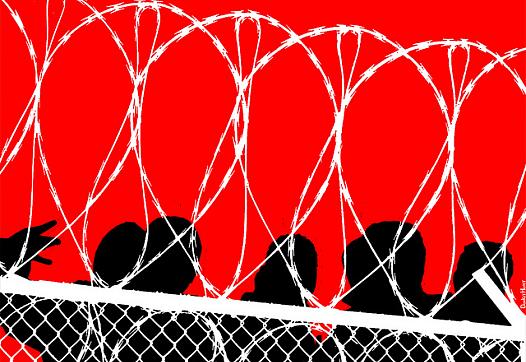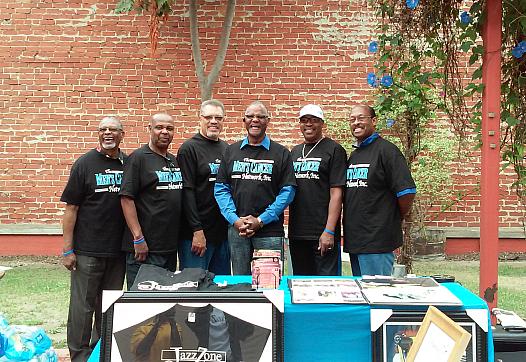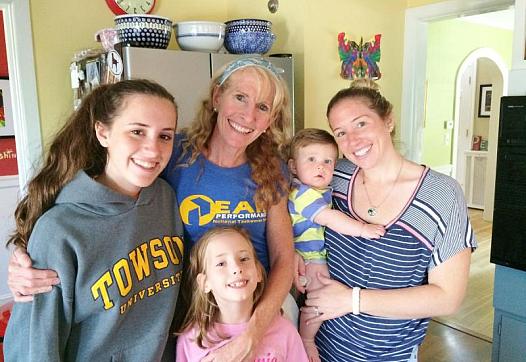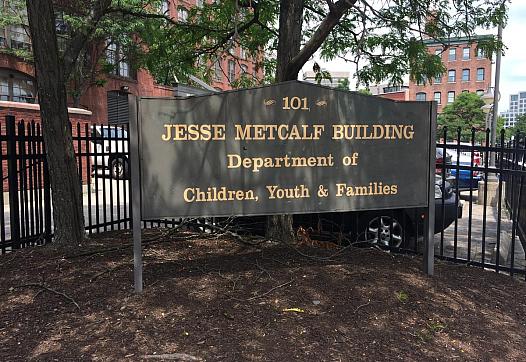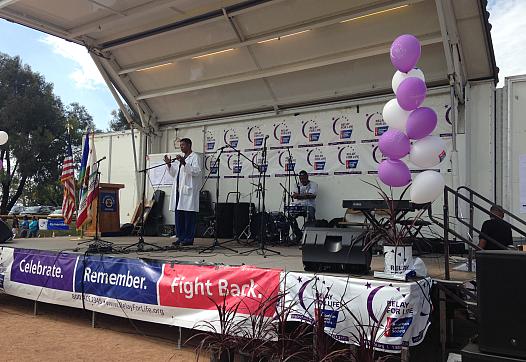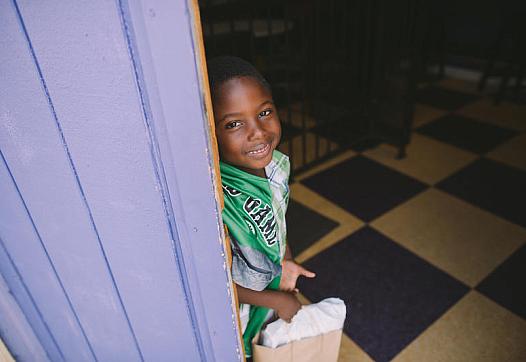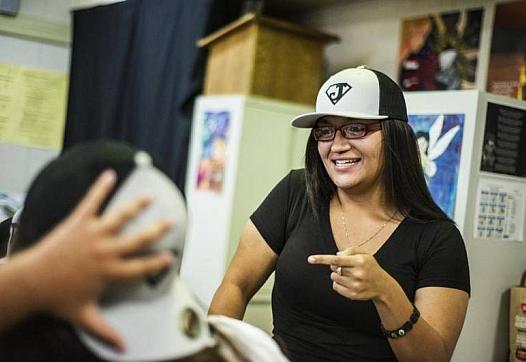
A study published in JAMA Pediatrics this week found that black children with appendicitis are less likely to receive any pain meds for moderate pain — and less likely to receive opioid painkillers for severe pain — compared to their white peers. How can this be happening?
